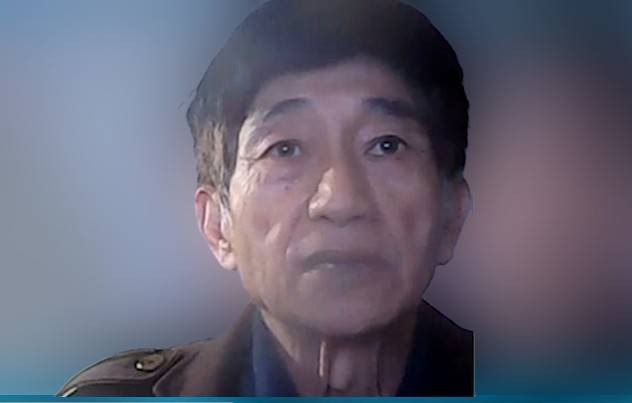FROM THE DVB NEWSROOM
Pho Than Chaung is the spokesperson of the Communist Party of Burma (CPB). It was established in 1939 to fight the British colonial government and the Japanese invasion of Burma during the Second World War. After independence in 1948, the CPB joined Burma’s new government until it was expelled. This led to a four-decade-long insurgency campaign against the government until the CPB collapsed. But following the 2021 military coup, the CPB was resurrected to begin its “people’s war” against the military regime led by Min Aung Hlaing.
Po Than Chaung sat down with DVB to discuss the role the CPB, and its armed faction the People’s Liberation Army (PLA), plays in the uprising against military rule since the 2021 coup.
DVB: Can you share how the Communist Party of Burma (CPB), including the PLA, is involved in the resistance to a return to military rule in Myanmar?
PTC: We are fighting along with the forces opposing the regime as much as possible. We serve the public. Our priority is to stand with anti-military forces and isolate the regime.
DVB: In which areas of the country is the CPB/PLA operating?
PTC: [We have] a notable presence in the Sagaing Region.
DVB: Do you view recent victories by resistance groups against the military as a turning point since the 2021 coup?
PTC: It is true that the military has been demoralized like never before. Victories have increased for the people’s side, but I’m hesitant to declare it a turning point. I would prefer to wait and see.
DVB: How do you see the military responding to its losses on the battlefield?
PTC: The military will utilize various tactics, including spreading disinformation.
DVB: Does the military have an advantage on the battlefield?
PTC: This relies on procuring weapons. In terms of weapons and manpower, they might have an advantage, but the support from the public isn’t on their side.
DVB: What differences do you see between the previous military regime and the current one led by Min Aung Hlaing?
PTC: The history of revolution against Burma spans seven decades. One significant change is that a new front has been opened in the central areas of Burma, such as Sagaing, Mandalay, Meiktila, Myingyan, and Bago. One difference now, as opposed to in the past, is the uncertainty in the availability of weapons. This uncertainty prompts us to consider whether fighting the military is viable or not.
DVB: In northern Shan State, the Brotherhood Alliance seems to have China’s support in its Operation 1027 offensive against the military. What do you think about that?
PTC: The Chinese don’t perceive the conflict in Burma as a significant threat to them. Their primary concerns revolve around potential deserters from the military, or civilians, seeking refuge in China.
DVB: Is there anything you would like to add?
PTC: I would like to say that we will continue to fight with the people against a return to military rule.



